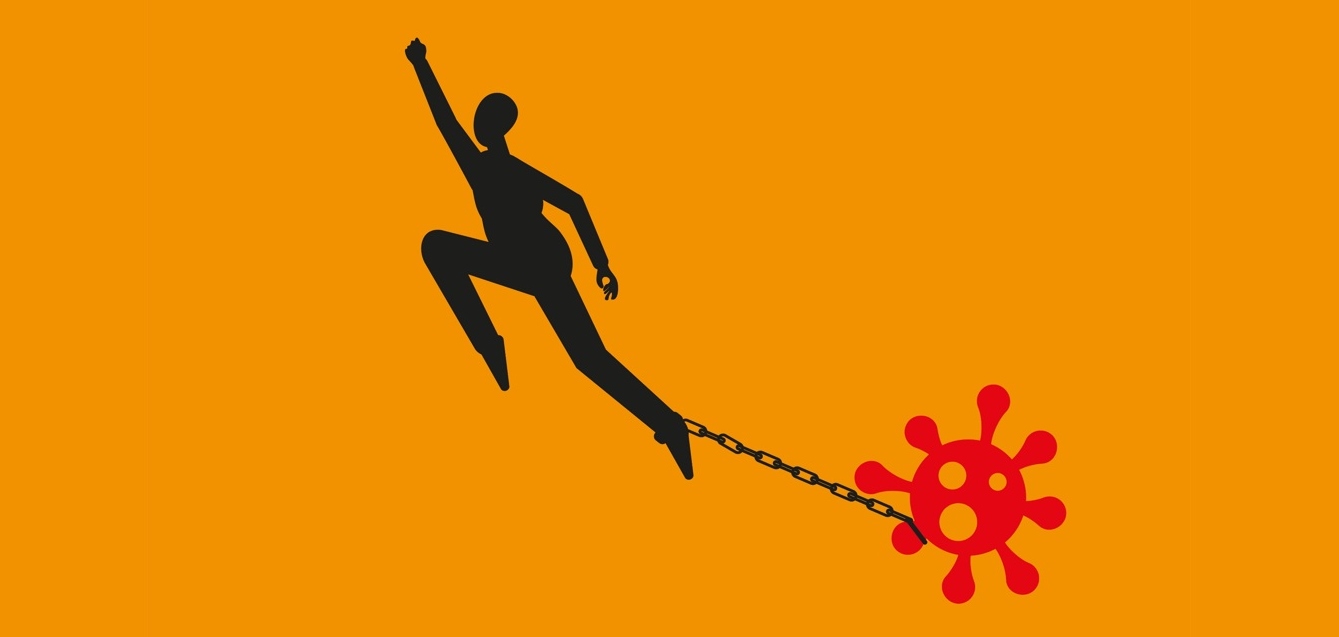Basel, 21 July 2021: This week, Chief Executive Carrie Lam has shrugged off the recent exodus of residents from Hong Kong, insisting this is the “best time” to live in our city. In the past few months, a significant number of people have left for good, with many relocating to the UK under its new fast-track citizenship scheme for British National (Overseas) passport holders. The rush for the exits peaked at the weekend as people sought to beat the deadline for Britain’s Leave Outside the Rules programme, which gives them six months to apply for a BN(O) visa after arriving there.
By May this year, more than 34,000 residents had applied for the BN(O) visa, but Carrie is unconcerned: “Every now and then in the history of Hong Kong, there are such emigration trends. For those who feel a sense of belonging to Hong Kong and are willing to toil away here, this is the best time. But if they choose to leave, this is a personal decision.” Fair enough. I am on record as saying I love Hong Kong, it has been my home for almost 40 years and I’m staying. Certainly, it is much changed in recent years and there are challenges ahead, but it remains a vibrant, energetic and safe city.
Those deadline beaters who queued up at Hong Kong airport over the weekend will have landed in a UK in the process of shedding its Covid-19 shackles. Monday was so-called Freedom Day, when most legal restrictions on social contact were lifted across England. (Scotland also eased some restrictions on Monday, while Northern Ireland will do likewise on 26 July and Wales on 7 August.)
The British government’s decision to plough ahead with a full reopening is either a sensible gamble or bordering on the insane, depending on who you listen to. Certainly, it comes in the middle of a surge of new cases, driven by the Delta variant. The UK recorded 46,558 new infections and 96 related fatalities yesterday, the highest number of daily deaths since 24 March. Some scientists are predicting infections could reach 200,000 a day this summer. Prime Minister Boris Johnson has defended his actions, saying: “If we don’t do it now we’ve got to ask ourselves, when will we ever do it?” Opposition leader Sir Keir Starmer is accusing him of sparking a “reckless free-for-all” that risks plunging the country back into restrictions. We shall see.
Freedom Day coincided with my departure from London for Switzerland, a country which is also opening up, albeit on a lesser scale. Since 26 June, anyone from a third country who is fully vaccinated can enter for tourism or a visit, so no quarantine or self-isolation required for this particular traveller. As I pen this blog from my hotel in Basel, the Covid-19 figures make interesting reading, bearing in mind Switzerland has a population of 8.6 million, only about 1.1 million more than Hong Kong. The country has recorded more than 10,300 related fatalities, that’s 49 times higher than Hong Kong. The seven-day average of new daily infections is 539, yet there have been just three fatalities this month, a sign the vaccination rollout is reducing the severity of the illness. Almost 45% of the population is fully inoculated. Mask-wearing is no longer required outdoors, restaurants are open as normal and working from home is recommended, but no longer required.
A quick flick through a tourism brochure on arrival reveals some quirky facts. The Swiss are the world’s biggest consumers of chocolate; the spectacular Grindelwald mountains have been featured in a couple of Star Wars films; and the country is home to the world’s longest stairway, this being the 11,674 steps that run alongside the Niesen cable railway. I’m here for some hiking, but I won’t be climbing those.
Also, a Swiss engineer named George de Mestral invented Velcro, which brings us neatly to the Hong Kong government clinging resolutely to its “zero Covid” strategy. We have some of the world’s strictest quarantine regulations, continued mandatory mask-wearing in public and outdoor gatherings limited to four people. The upside is a six-week run without any local infections. A controversial plan to allow in fully vaccinated Hong Kong residents arriving from eight “extremely high-risk” countries, including the UK, has been shelved amid fears it could jeopardise hoped-for talks with Beijing about reopening the mainland border. Such discussions appear some way off. Health officials reported seven new infections yesterday, all imported, bringing the cumulative total to 11,965, with 212 related fatalities. The vaccination rate continues to pick up, with more than 38% of the population now having at least one jab.
When will it end? Mid-2022, according to Professor Gabriel Leung, Dean of the University of Hong Kong’s Faculty of Medicine and advisor to the government. He believes vaccination of vulnerable groups needs to reach 80% (currently, only 5% of care home residents have been jabbed) before the city can switch from “zero Covid” to a more relaxed strategy of “living with the virus”. He estimates this could be achieved next summer. Sigh.
Of more immediate concern to this writer is the much-anticipated plan to set up antibodies tests at Hong Kong airport for returning residents. Produce a positive result and you can have your 14-day hotel quarantine halved when arriving from certain countries, including Switzerland. The government has promised this will be done “within July” but, alas, no news yet. This leaves me none the wiser as to my fate when I arrive home in mid-August. Carrie may be blasé about residents leaving, what about those of us trying to get back in?
Stay safe and well, everybody!
Colin Cohen
Senior Partner
Boase Cohen & Collins



